Coral Sea
- Is operating normal hours - we are an essential biz.
- Curbside pickup is available.
- Dr. James is washing his hands every chance he gets; generally after each customer.
- Mom is in that older more at risk age so I asked to stay at home.
- So far we generally have good supplies, plenty of water and water quality supplies. We have sold out of some frozen foods, damsels and emerald crabs.
Take steps to protect yourself
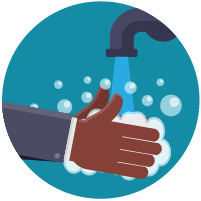
Clean your hands often
- Wash your hands often with soap and water for at least 20 seconds especially after you have been in a public place, or after blowing your nose, coughing, or sneezing.
- If soap and water are not readily available, use a hand sanitizer that contains at least 60% alcohol. Cover all surfaces of your hands and rub them together until they feel dry.
- Avoid touching your eyes, nose, and mouth with unwashed hands.
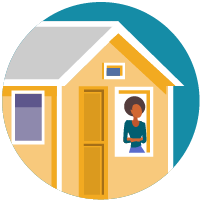
Avoid close contact
- Avoid close contact with people who are sick
- Put distance between yourself and other people if COVID-19 is spreading in your community. This is especially important for people who are at higher risk of getting very sick.
Take steps to protect others
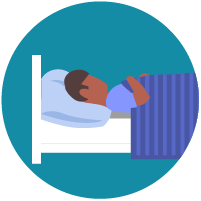
Stay home if you’re sick
- Stay home if you are sick, except to get medical care. Learn what to do if you are sick.
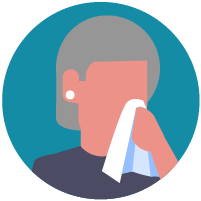
Cover coughs and sneezes
- Cover your mouth and nose with a tissue when you cough or sneeze or use the inside of your elbow.
- Throw used tissues in the trash.
- Immediately wash your hands with soap and water for at least 20 seconds. If soap and water are not readily available, clean your hands with a hand sanitizer that contains at least 60% alcohol.
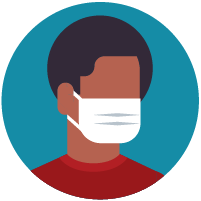
Wear a facemask if you are sick
- If you are sick: You should wear a facemask when you are around other people (e.g., sharing a room or vehicle) and before you enter a healthcare provider’s office. If you are not able to wear a facemask (for example, because it causes trouble breathing), then you should do your best to cover your coughs and sneezes, and people who are caring for you should wear a facemask if they enter your room. Learn what to do if you are sick.
- If you are NOT sick: You do not need to wear a facemask unless you are caring for someone who is sick (and they are not able to wear a facemask). Facemasks may be in short supply and they should be saved for caregivers.

